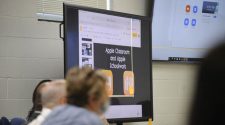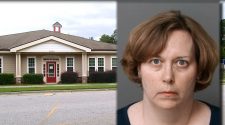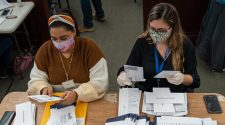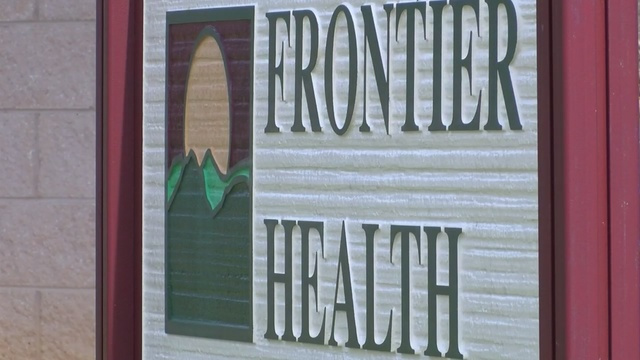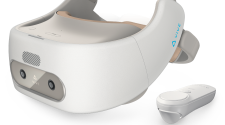GRAY, Tenn. (WJHL) — March marks Developmental Disabilities Awareness Month, and Frontier Health continues to stand against stereotypes and stigmas associated with those who live with these conditions.
News Channel 11 spoke with two women who battle the discrimination barrier every day in an effort to increase inclusivity within communities that once might not have realized just how much of a positive impact those with developmental disabilities can have.
Ginger Naseri is the senior vice president for adult outpatient services in Tennessee with Frontier Health. The health provider aims to link those who live with developmental disabilities with housing, employment opportunities, church families and volunteer services.
“Frontier works really hard to make relationships with resources in the community, so we get to know the program directors and managers; we build relationships with employers,” Naseri said. “We nurture those relationships because we want people to be successful as they move out into the community and are integrated into the community.
“So, it’s all about building those relationships, building those connections.”
Linda Henry with Frontier Health works as the division director for residential services for those with developmental disabilities.
Henry said these services help connect those with a sense of inclusion.
“The people in our services really want to be true members of our communities,” she said. “They love to have jobs; they want jobs; they look for new jobs a lot. They are members of our churches. They live in our communities.
“They want to be treated just like everyone else and have that community integration.”
Naseri has some words of advice.
“It’s important to take the time just to listen to someone, and sometimes a person with a developmental disability or an intellectual disability takes a little bit longer to hear, but what they say is just as important as the next, so just take the time to listen to people,” she said.
As for the road moving forward — Henry said communities continue to become more accepting, but the journey isn’t over yet.
I feel that our society has come a long way in the acceptance of people with disabilities, but I also feel that we have a long way to go to truly accepting them as a part of our community, our places of business and employment and our lives. People with disabilities want to live like anyone and everyone else. They want a nice home, a job of their choice, to be a member of a church; they want friends and relationships.
Linda Henry, ID Residential and Behavioral Respite Division Director, Frontier Health

